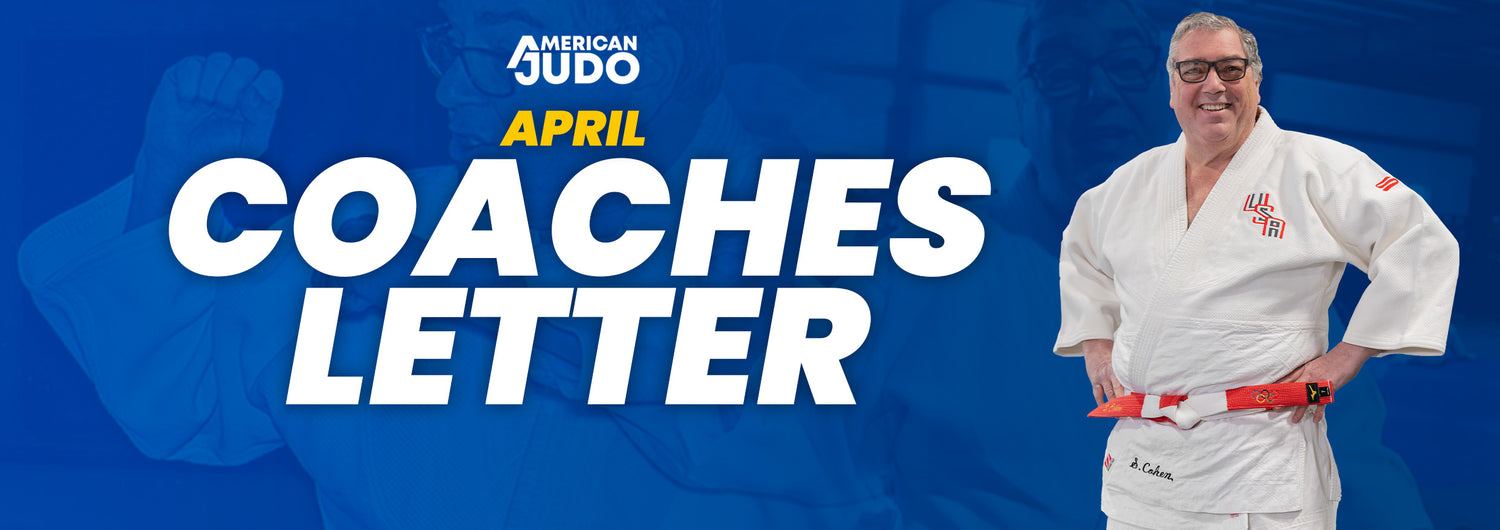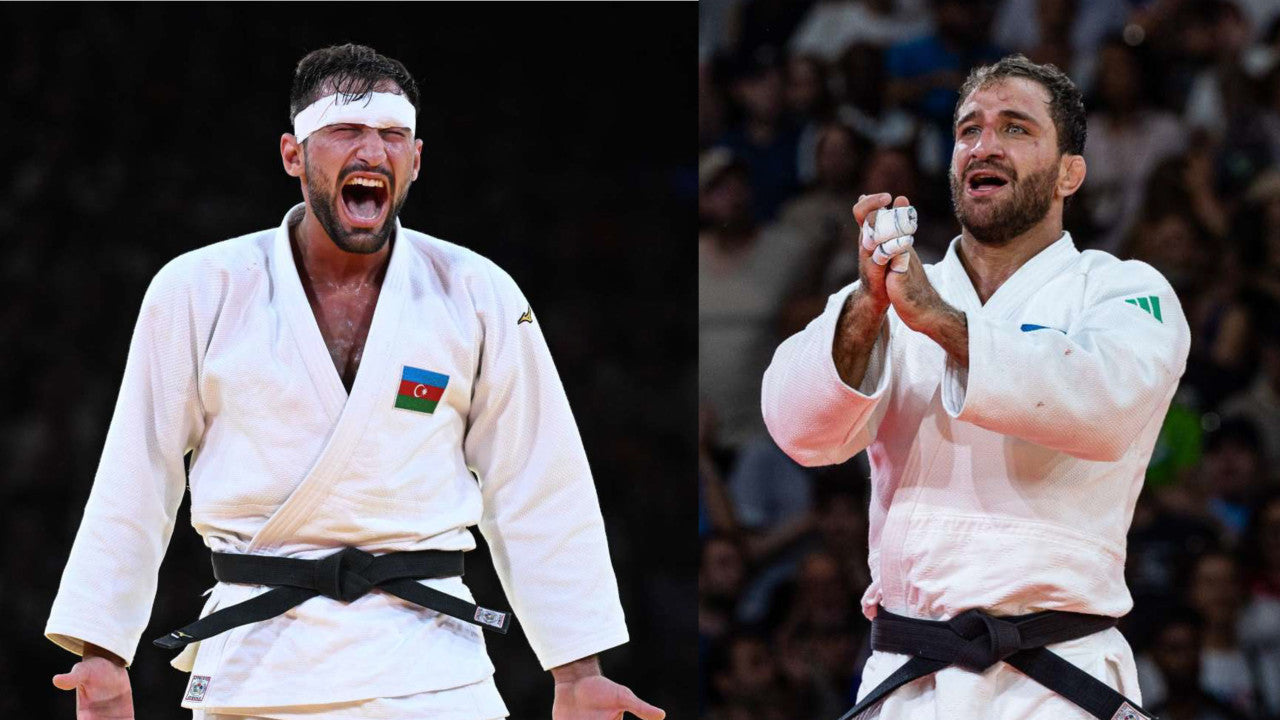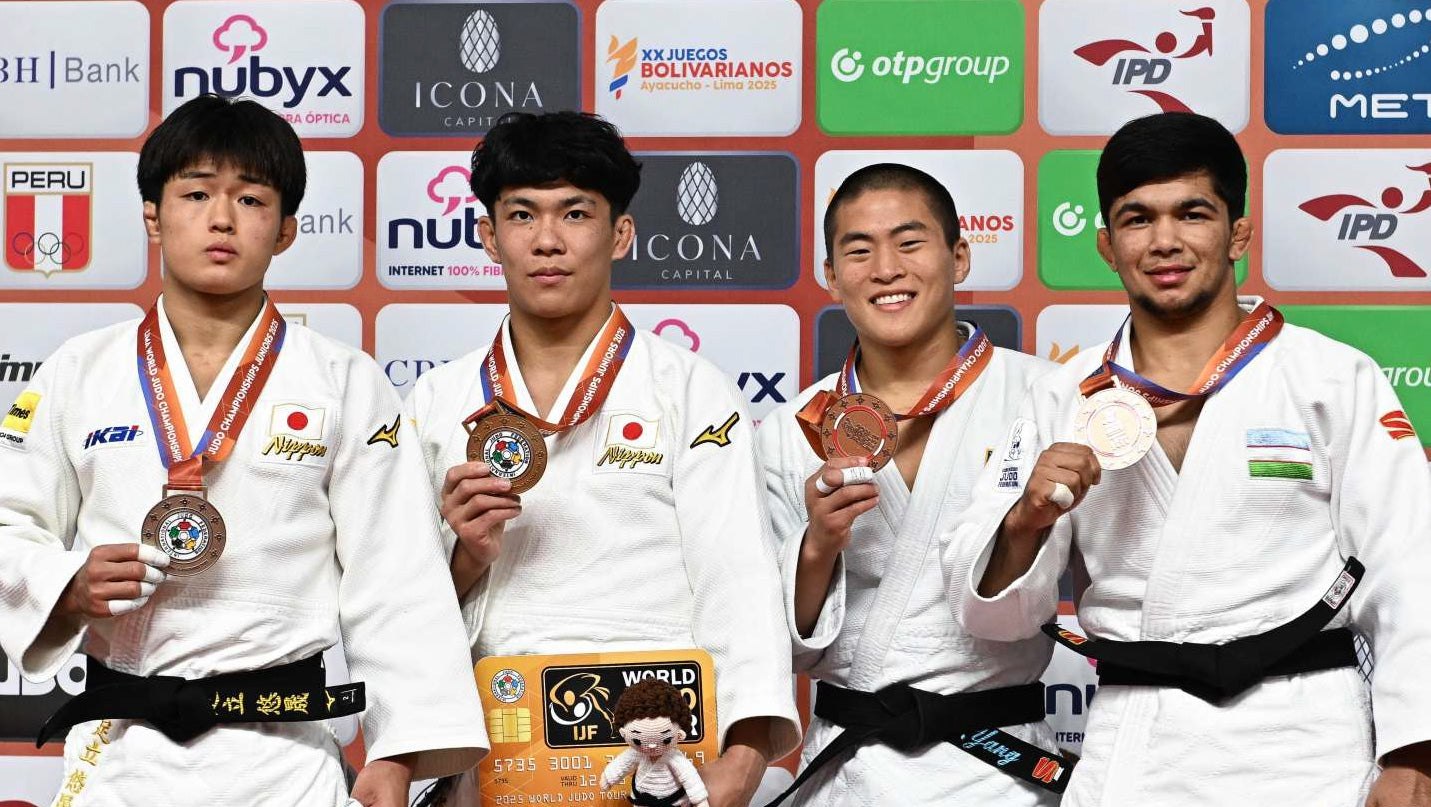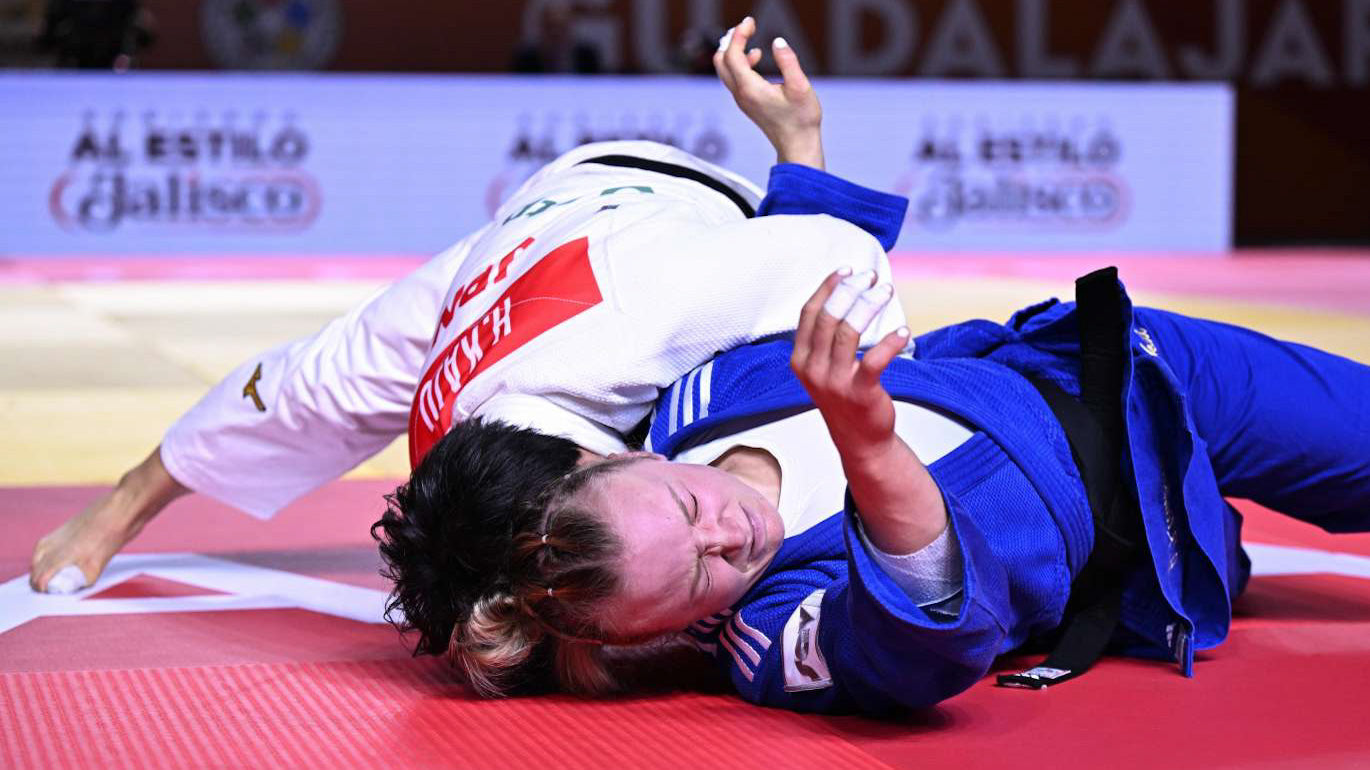We are now at the two-year mark or more in our judo students' learning experience. At this point, my expectations are that your judo athletes have acquired techniques in all directions. If you have followed the guidance provided in the American Judo System coaching letters and live sessions, your students should have developed good fundamental judo skills. This is crucial as we progress to the next stage of development. If one or more of your students need more time to develop these skills, invest the necessary time to teach them. Progressing them to the next stage of learning without these foundational skills is unfair to them and sets them up for failure.
THE GAME
In all sports, athletes possess skills, and at similar skill levels, the difference in success lies in how they utilize these skills in a game environment and create situations conducive to success. Judo is no exception. A judo athlete with exceptional technique but lacking in game strategy is merely average, while a judo athlete with average technique but adept at playing the game can become an Olympic champion.
At this stage, each athlete will excel in certain techniques more than others. When teaching how to play the game, we begin with the athlete's strongest technique, recognizing that this varies among athletes. For instance, we may start with the forward technique Seionage. With Seionage, we can work on either ouchi or kouchi gari. Personally, I prefer kouchi, although it is more challenging to learn. You, as the coach, are familiar with your athletes' strengths and weaknesses, making you best positioned to decide which technique to teach.
We will commence with a drill where one athlete attacks while the other defends solely with their hips, without engaging in gripping defense, and maintaining posture as much as possible. This drill is beneficial for uke as it instills the necessary skill of using the hips to defend. Under the watchful eyes of coaches, the athlete executing Seionage will either execute a successful throw or elicit a strong defensive response from the hips. It is crucial for the attacking athlete to comprehend this response. They need to recognize that they can provoke this response and subsequently execute an ouchi or kouchi gari during this forced reaction. It's important to understand that the Seionage technique itself is not attempted; rather, it's the threat of the technique that prompts the reaction.
I will delve into more technique options and discuss how to elevate the game to the next level in my subsequent letter.
COACHES MISSION
Remember that our mission as coaches and teachers is to remain faithful to our culture and to enhance the skills of our athletes. While winning tournaments and aiming for national rankings may be desired for the athletes, their parents, and sometimes the coaches themselves, the primary goal in development is continual learning and improvement. Winning becomes meaningless if we fail to advance our knowledge and abilities. The most effective approach to achieve this is by fostering a culture in your dojo that values effort over mere success. Your students compete eight to twelve times a year, but they will spend over one hundred sessions in your dojo. Thus, you have the opportunity to shape the culture and guide the athletes. This must be a daily endeavor.
Remember, every student is unique and will progress differently; some may advance faster than others. This is normal, so never become discouraged and always utilize positive reinforcement to motivate your students. I always conclude my classes on a high note. Regardless of the class's intensity, your students should leave feeling positive.
My next Coaches Call will be on Saturday, April 13th @ 12:00pm est. I hope to see you there.
Technique Development will be the topic of the call but as always, I will be open to questions and other topics as well. We will be adding video examples on how to develop a technique and what the end product should look like.
It is my hope as Head Coach at the American Judo System that we can bring coaches together from all levels, dojos and the country and give you access to the knowledge we have. Our team is full of coaches who are eager to grow the sport from the Basic Level to the Elite Level. We are also unique in the fact that Jimmy Pedro and I, have experience in coaching all the areas aforementioned (Day One to Olympic Podium). We are excited to share our experience and systems with you. I also hope that you will share your knowledge and experience with us because if we are going to grow Judo we must work together!
Thank you for your time and I look forward to working with you!
See you on the tatami!
Steve Cohen
US Olympian & US Olympic Coach
Head Coach, American Judo System
P.S. Please email me at steve@americanjudo.com with any questions, comments, or topics you may want me to cover.
About Steve Cohen
Steve Cohen has been doing judo for over 60 years. Starting judo at the age of 5, Steve had a long successful competitive career ending in 1988 at the Seoul, Korea Olympics. Steve along with his brother, Irwin ran a successful judo program in Illinois producing the first Olympic Silver Medalist and first Junior World Champion for the United States. They also had many athletes on Pan American Games Teams, World Teams, and Olympic Teams. Throughout the years they ran local, regional, and national tournaments. Every Summer, they held a camp where the best youth and junior judo athletes in the country would come to learn and develop, and the best senior judo athletes would attend, teach, and train. Many of those young athletes that attended went on to great success as competitors. Steve became the National Coach for the United States in the 1990’s becoming the Head Junior National Coach for 4 years and following that became the Head Senior National Coach which included being named the Head Coach for the 2000 US Olympic Team. Steve is still active in coaching and developing athletes out of Illinois and works with athletes all over the country.



